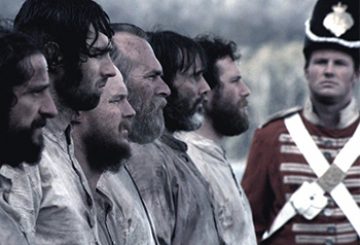I was always going to like Morgan Neville’s Roadrunner: A Film About Anthony Bourdain. I was predisposed to like it. Anyone who devoured Bourdain’s work, and who still hasn’t quite gotten over his 2018 death, was predisposed to like it. It was made for them.
The outpouring of grief that followed Bourdain’s passing, though not, perhaps, unique in its intensity, has proven unique in its longevity, in the way it has failed to dissipate. One suspects this has something to do with the manner of his death, and the fact that it still seems not to square with his life as it was popularly understood and portrayed on screen.
Putting aside the obvious fallacy contained in this assumption—that Bourdain’s on-screen portrayal was anything more than a glossy entertainment product and somehow precluded things ending this way—it remains true that, at the time, his suicide seemed incomprehensible. In the years since, as people have gone back to the books and the television work, to the interviews and Instagram stories, that incomprehensibility has come to seem short-sighted, a failure of close reading. The darkness was always on full display. Nevertheless, the wound has failed to heal.


